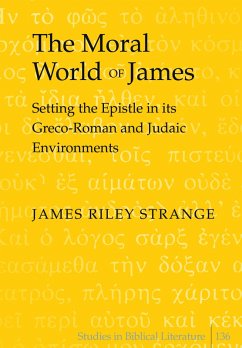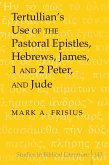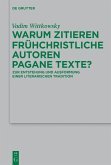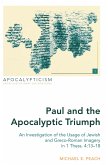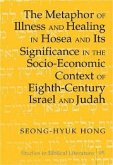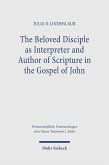In The Moral World of James, James Riley Strange compares the moral system in the Epistle of James with other Greco-Roman and Judaic texts. The author of the epistle prescribed moral practices in a world in which other people, both pagan and Jewish, had long been expressing similar concerns, and more would continue to take up the task centuries after Christianity was well established in the Roman Empire. In this fresh and thick analysis, Strange's systemic comparison of texts (among them works of Plato, Plutarch, Epictetus, and Aelius Aristides, as well as Greek Magical Papyri, tractates of the Mishnah, and the Community Rule of the Dead Sea Scrolls) reveals how James's vision of a distinctive way of community life was both part of and distinct from the moral and religious systems among which it emerged.
Dieser Download kann aus rechtlichen Gründen nur mit Rechnungsadresse in A, D ausgeliefert werden.
«A comprehensive and balanced account of the community and morality of James the Just, based on meticulous scholarship and profound understanding, a major contribution to the understanding of the interplay between belief and behavior in the community of Jesus and his family.» (Jacob Neusner, Editor of 'The Brother of Jesus: James the Just and his Mission')
«Dr. Strange pays the Letter of James the compliment of taking it seriously as an important voice within the religious and moral discourse of antiquity. His study is a model of comparative rigor, distinguished at once by a largeness of vision and a patient attentiveness to specific texts. The result is a fresh and compelling vision of the moral world that James constructs.» (Luke Timothy Johnson, Robert W. Woodruff Professor of New Testament and Christian Origins, Emory University)
«Dr. Strange pays the Letter of James the compliment of taking it seriously as an important voice within the religious and moral discourse of antiquity. His study is a model of comparative rigor, distinguished at once by a largeness of vision and a patient attentiveness to specific texts. The result is a fresh and compelling vision of the moral world that James constructs.» (Luke Timothy Johnson, Robert W. Woodruff Professor of New Testament and Christian Origins, Emory University)

